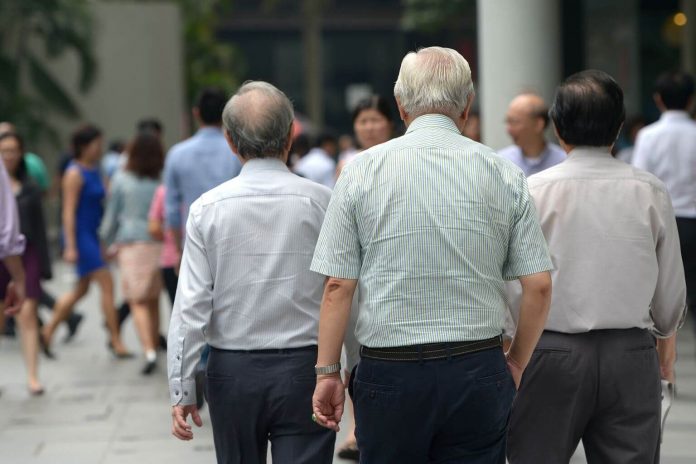It was reported that South Korea is on track to become the world’s most aged society within the next 30 years, with projections indicating that nearly half of its population will be elderly by 2072. According to the Ministry of the Interior and Safety, as of July, the number of people aged 65 and over in South Korea has already surpassed 10 million. This demographic shift was a central topic at the 2024 First Korea-Japan-China Population Forum held at Dragon City Hotel in Yongsan-gu, Seoul on September 3.
The 2022-2072 Population Projections released by Statistics Korea last year estimated that the elderly population will reach 17.27 million by 2072, accounting for 47.7% of the total population. Lee Sang-lim, Senior Researcher at Seoul National University’s Population Policy Research Centre, highlighted the urgency of the situation during the forum.
“Within 30 years, South Korea’s ageing rate will reach the highest level in the world. In the near future, it will produce unprecedented results across society,” he stated.
The forum, jointly hosted by the Ministry of Health and Welfare and the Korea Human Resource Development Institute for Health and Welfare, also addressed similar ageing trends in neighbouring countries. Dou Yang, Director of the Population and Labor Economics Research Institute at the Chinese Academy of Social Sciences, pointed out that China’s per capita GDP was only $11,000 when it entered an aged society, compared to over $30,000 for Japan and South Korea.
This economic disparity underscores the challenges China faces in coping with an ageing population. China’s population is projected to decrease from about 1.4 billion in 2021 to 1.271 billion by around 2050, further complicating the issue.
The forum also called for a shift in policies addressing low birth rates. Lee criticized the current approach, stating, “The government’s low birth rate policy still focuses mainly on welfare service support projects.” He argued that these policies perceive low birth rates as a cost issue by merely listing service and cash support projects.”
“However, low birth rates are a problem created by accumulated multi-layered experiences and social structures,” Lee emphasized, stressing the need to understand the perceptions, experiences, and future expectations of young people in a multifaceted way,” he added.
Rie Moriizumi, Senior Researcher at Japan’s National Institute of Population and Social Security Research, echoed Lee’s sentiments.
“In Japan, support for marriage, childbirth, and childcare among the younger generation is rapidly declining, and lifestyles previously considered undesirable, such as being single, childless, divorced, or a working mom, are becoming accepted,” she explained. Moriizumi noted that the motivation to have children among those in their 20s and 30s has weakened compared to the past.
She advised, “We need to build a society centred on dual-income and shared parenting to make work-life balance easier,” adding that changes in social norms regarding gender issues, marriage, and childbirth are also necessary.
Dou Yang also highlighted the importance of work-life balance in influencing birth decisions. “Work-life balance, which significantly influenced birth decisions in advanced countries, is also effective in China,” he said, adding that strengthening childcare services will also be beneficial.
As South Korea and its neighbours grapple with the challenges of rapidly ageing populations and declining birth rates, the forum underscored the need for comprehensive and multifaceted policy approaches. These should not only address economic and welfare support but also consider the evolving social norms and expectations of younger generations. The discussions at the forum suggest that while the road ahead is complex, there is a shared understanding of the need for innovative solutions to ensure a balanced and sustainable future for these ageing societies. – Business Korea




















